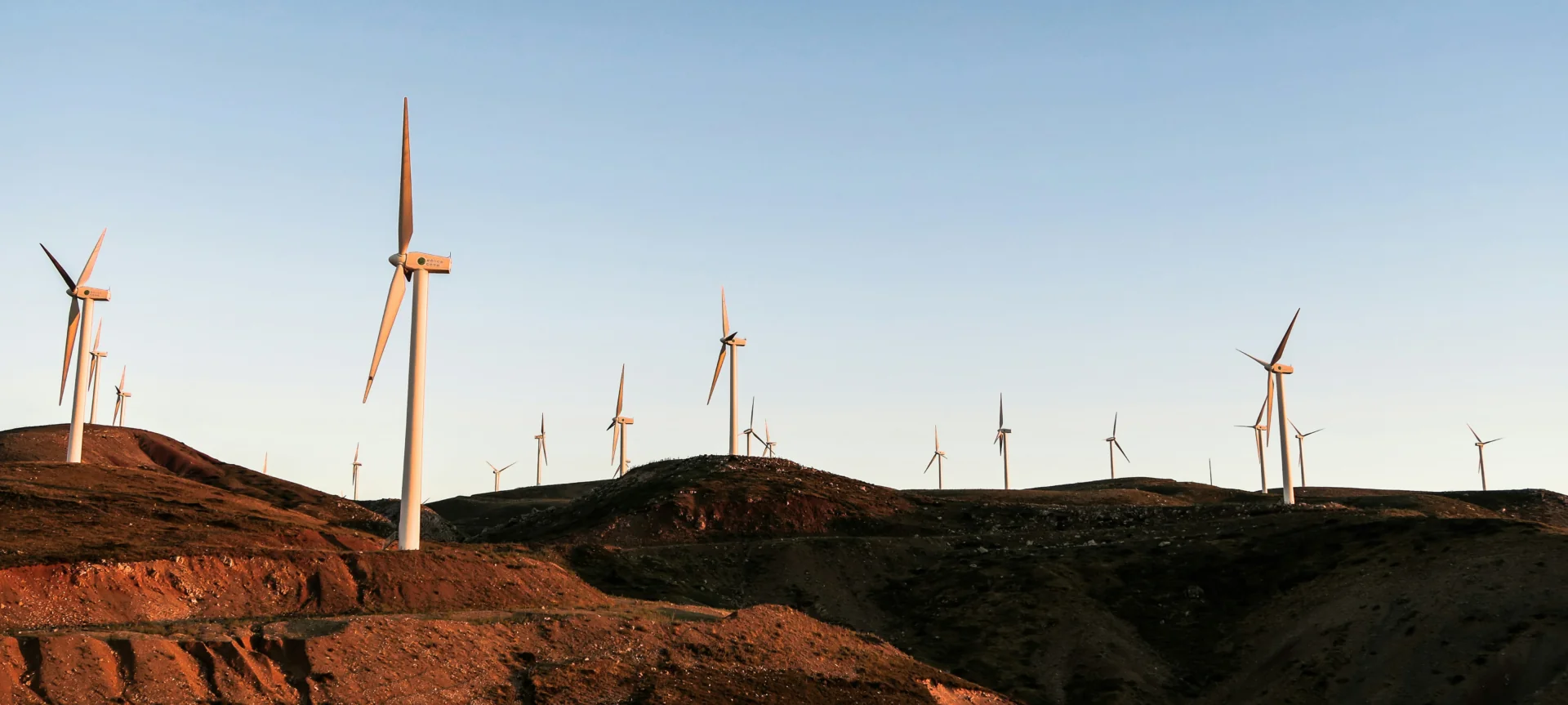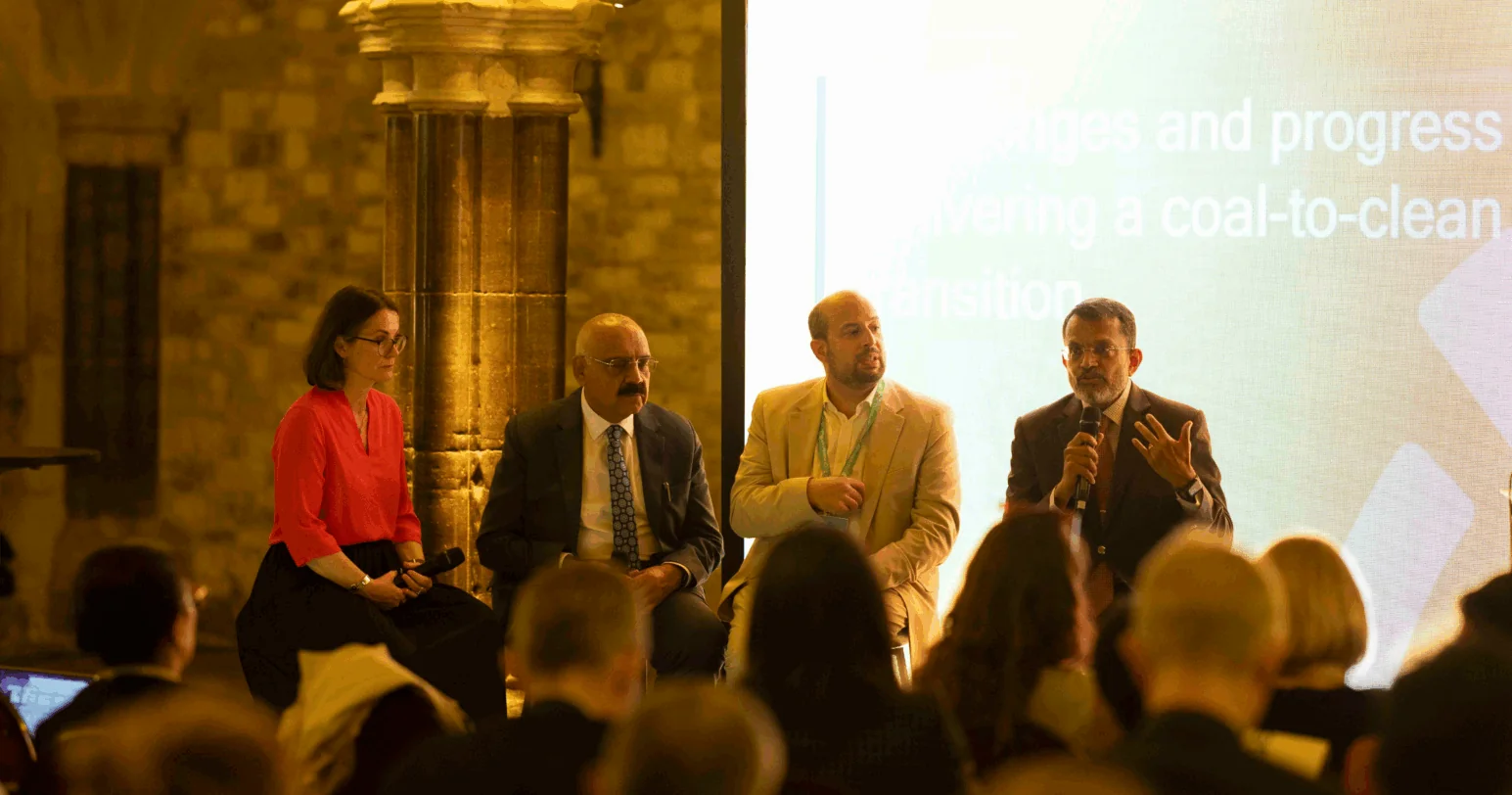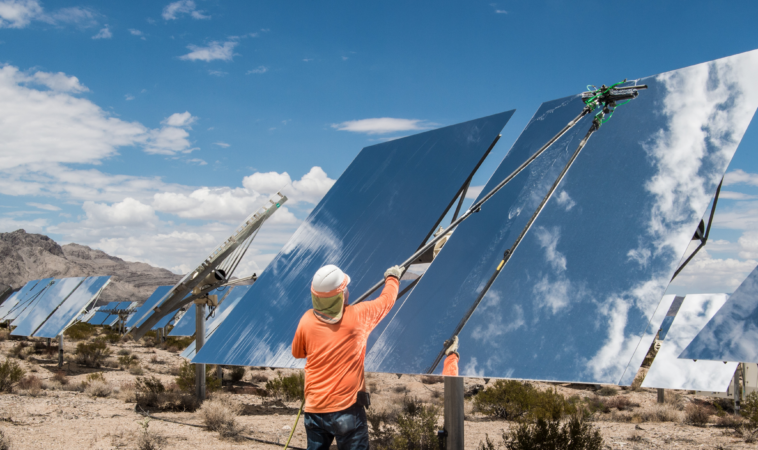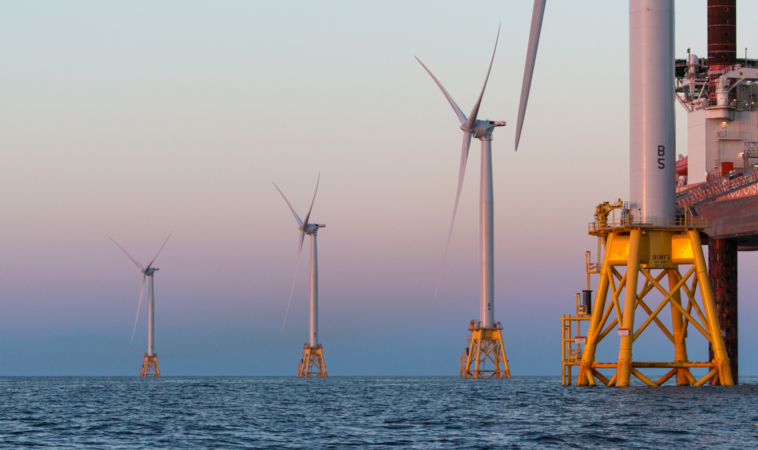
The G20 this autumn presents an opportunity to hasten the end of coal power.
At COP28 in Dubai all countries recognised the need for deep, rapid and sustained reductions in greenhouse gas emissions if we are to keep 1.5 °C in reach. In response, countries resolved to act and committed to transition away from fossil fuels, accelerate efforts to phase down coal power and triple renewable energy and double energy efficiency globally by 2030.
This year, the focus must be on implementation of these commitments and on raising ambition to 2030 and beyond. Coal power is the single biggest source of global temperature increases, and as such must be phased out first and fastest. To keep 1.5°C within reach, countries need to immediately stop building new coal power plants and phase them out in OECD and EU countries by 2030, and in non-OECD countries by 2040.
Earlier this year, the G7 took a significant step by committing to phase out unabated coal power in the first half of the 2030s or in a timeline consistent with keeping a limit of 1.5°C temperature rise within reach. The G7 also committed to end the permitting and construction of new coal power.
This year’s G20 in Brazil is a critical opportunity to carry this momentum forward and further accelerate global efforts to phase out coal. Currently, the G20 accounts for 87% of planned new coal power, and over four-fifths of its coal capacity has no phase-out date. A decisive commitment by the G20 to end new coal now and phase out existing unabated coal by 2040 is vital for implementing the goal agreed at COP28, and would lay the foundation for a global agreement on these issues at COP29.
To meet these goals, the Powering Past Coal Alliance (PPCA) calls upon members of the G20 to commit to:
1. End new unabated coal power now.
2. Phase out existing coal power on a 1.5°C aligned pathway.
3. Scale up public finance and enhance the enabling environments to attract private sector investments to support the transition from coal to clean energy; and build the regulatory frameworks needed to end private sector investments in new coal.
The phasing out of coal, whilst a significant challenge, is an inevitability and the PPCA stands ready to support accelerated delivery of this vital goal. With over 180 members, we represent a remarkable reservoir of expertise and experience that can be harnessed to accelerate transitions. The PPCA also hosts the Coal Transition Commission which is developing policy recommendations on how to build the right enabling environment that can help unlock new sources of public and private financing to facilitate coal phase-out. We need to work together to overcome challenges and ensure coal-dependent countries can deliver a transition at pace.




